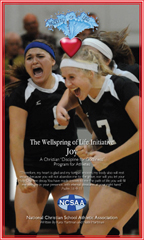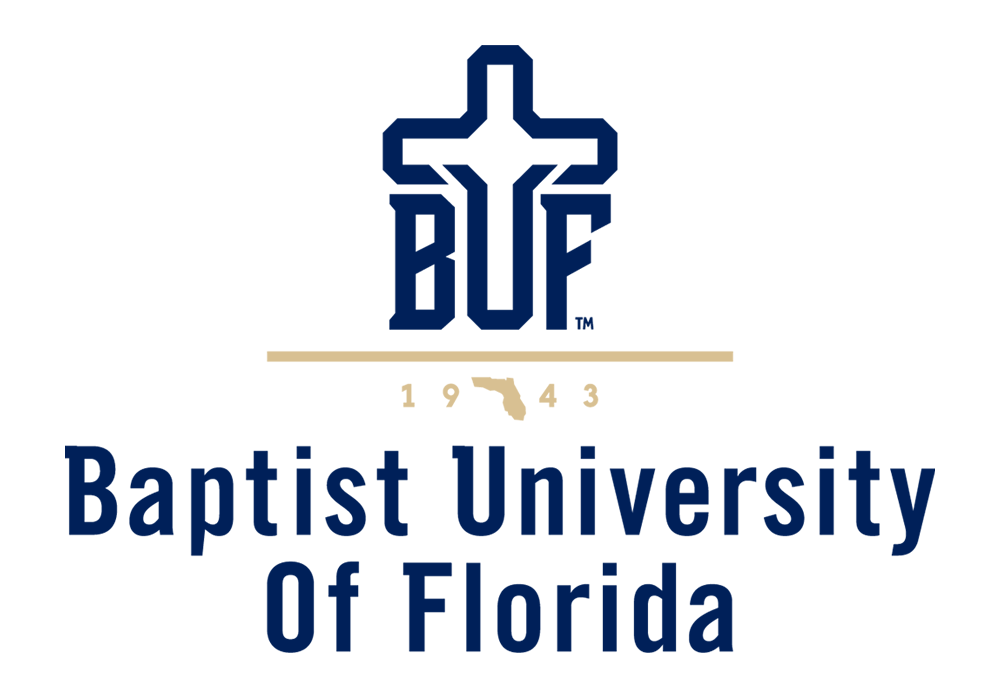Our Crown
By Nate Hartman
September 26, 2011 This is the seventh in a season-long series of posts on the topic of joy, as it relates to the life and athletic pursuits of your teams. These weekly posts will correspond with each weekly study from The Wellspring of Life Initiative, a unique "Discipline for Godliness" program for athletes developed by the NCSAA (and available to all member schools, as part of their membership). This post corresponds with Week 6: "Our Crown."
This is the seventh in a season-long series of posts on the topic of joy, as it relates to the life and athletic pursuits of your teams. These weekly posts will correspond with each weekly study from The Wellspring of Life Initiative, a unique "Discipline for Godliness" program for athletes developed by the NCSAA (and available to all member schools, as part of their membership). This post corresponds with Week 6: "Our Crown."
17 But, brothers, when we were torn apart from you for a short time (in person, not in thought), out of our intense longing we made every effort to see you. 18 For we wanted to come to you — certainly I, Paul, did, again and again — but Satan stopped us. 19 For what is our hope, our joy, or the crown in which we will glory in the presence of our Lord Jesus when he comes? Is it not you? 20 Indeed, you are our glory and joy.
-- 1 Thessalonians 2:17-20
1 Therefore, my brothers, you whom I love and long for, my joy and crown, that is how you should stand firm in the Lord, dear friends!
-- Philippians 4:1
1 For Zion’s sake I will not keep silent, for Jerusalem’s sake I will not remain quiet, till her righteousness shines out like the dawn, her salvation like a blazing torch. 2 The nations will see your righteousness, and all kings your glory; you will be called by a new name that the mouth of the Lord will bestow. 3 You will be a crown of splendor in the Lord’s hand, a royal diadem in the hand of your God. 4 No longer will they call you Deserted, or name your land Desolate...for the Lord will take delight in you...5 as a bridegroom rejoices over his bride, so will your God rejoice over you.
-- Isaiah 62:1-4, 5b
- What is Paul longing to do, as he writes his letter to the Thessalonians (2:18)? How does Paul feel about being separated from these people (v. 17)? What words does Paul use to describe them (v. 20)? Why might he use those words to describe the Thessalonians; what kind of relationship must he have with the people?
- What does Paul call the Philippians, in his letter (4:1)? How does he describe his feelings toward them?
- How can Paul call people his “crown” and his “joy”? Shouldn’t that term be reserved for his feelings about God?
- The prophet Isaiah describes God’s feelings toward the Israelites (His chosen people). How are God’s people described, in Isaiah 62:3? Are you God’s crown? Are you God’s joy (v. 5)? If God prizes you this highly, how does this impact your understanding of how you are you value God’s people?
- Paul asks the question, “What is our hope, our joy, or the crown in which we will glory in the presence of our Lord Jesus, when he comes?” (v. 19) — How would you answer that question? When you are in the Lord’s presence, which of your earthly achievements will you be most excited to show him? Will He be pleased?
- Are your greatest efforts given to achieving things of earthly value...or things of eternal value? Are people earthly or eternal; is your investment in people an earthly achievement, or an eternal one?
- If you should spend time on the things that can be joyfully shared with the Lord, is there any value in sports? Is God excited to share your athletic accomplishments with you? What are your goals and motivations in participating in athletics? Is there anything of an eternal nature that can be gained or developed through athletics? Should you be spending your time playing sports? Why or why not?
- Do you need to change anything about the way you play or the goals you pursue, so that you’ll be excited one day to run into your Father’s arms and show Him what you’ve done? As a team, evaluate your motivations and mission; establish an eternal perspective — one that produces a lasting joy and crown — for your team’s purpose.



